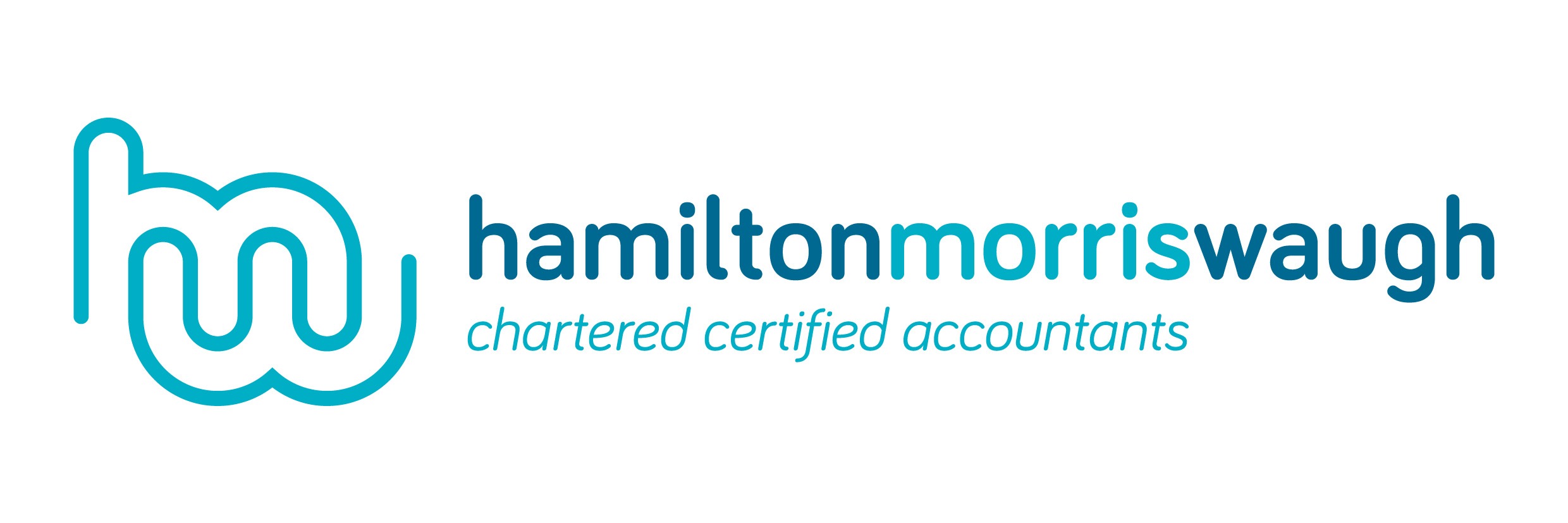Selling your first property is an important financial decision, and understanding Capital Gains Tax (CGT) is a crucial part of the process. In this blog, we’ll explain CGT and how it’s calculated and share some practical advice on how you can potentially reduce the amount you need to pay.
What is Capital Gains Tax?
Capital Gains Tax (CGT) is a tax on the profit you make when you sell an asset that has increased in value. It’s the gain you make that’s taxed, not the total amount of money you receive. For property transactions, CGT is only applicable if you’re selling a property that isn’t your main home, such as a second home, an investment property, or a business premises.
Understanding your tax liability
To calculate your CGT, you need to know the ‘gain’ you have made. The gain is usually the difference between what you paid for the property and the price you sold it. However, you can also deduct certain costs in buying, improving, and selling the property. These include:
- Purchase costs such as legal fees and stamp duty.
- Costs of improvements to the property – this does not include normal repairs and maintenance.
- Selling costs like estate agent fees or legal fees.
Once you’ve calculated your gain, the next step is to understand your tax-free allowance. As of the current tax year, you have an annual exempt amount of £3000. This means the first £3,000 of your total annual gains are tax-free.
How much will you pay?
The amount of CGT you pay depends on your overall income. If your total taxable income and gains are within the basic income tax band, you’ll pay 18% on your gains from residential property. If your gains exceed the basic tax band, you’ll pay 28% of the amount above the threshold. Planning when to sell a property can influence which tax band you fall into, so it’s worth considering your current year’s income before deciding.
Tips to reduce your CGT bill
- Use the annual tax-free allowance: If you are considering selling multiple assets, consider spreading these across different tax years to maximise the use of your £3,000annual exempt amount.
- Offset losses: If you’ve sold other assets at a loss during the same tax year or previous years and haven’t yet offset these, you can deduct these from your property gains.
- Consider joint ownership: If you own the property jointly, each owner is entitled to the annual exempt amount, doubling your tax-free threshold if your partner owns the property.
- Live in the property: If the property you’re selling was once your main home, you might be eligible for Private Residence Relief, which can significantly reduce your CGT liability.
Planning is key
Understanding and planning for CGT can save you money and stress when selling a property. By keeping good records of your purchase price, improvement costs, and selling costs, you’re already on the right track to effectively managing your potential tax bill.
We at Hamilton Morris Waugh are dedicated to helping our clients manage their taxes efficiently. Selling a property is a significant decision, and we understand the importance of optimising your financial outcomes. Our expert team is here to provide guidance tailored to your unique situation, helping you plan and prepare every step of the way.
Remember, every individual’s and business’s situation is different, and we recommend seeking personalised advice.
Please contact us for more information or to discuss your specific circumstances. Let us help you ensure that when you sell your property, you make a wise investment decision and minimise your tax liability.
Contact us for support with the selling process and CGT calculation.


